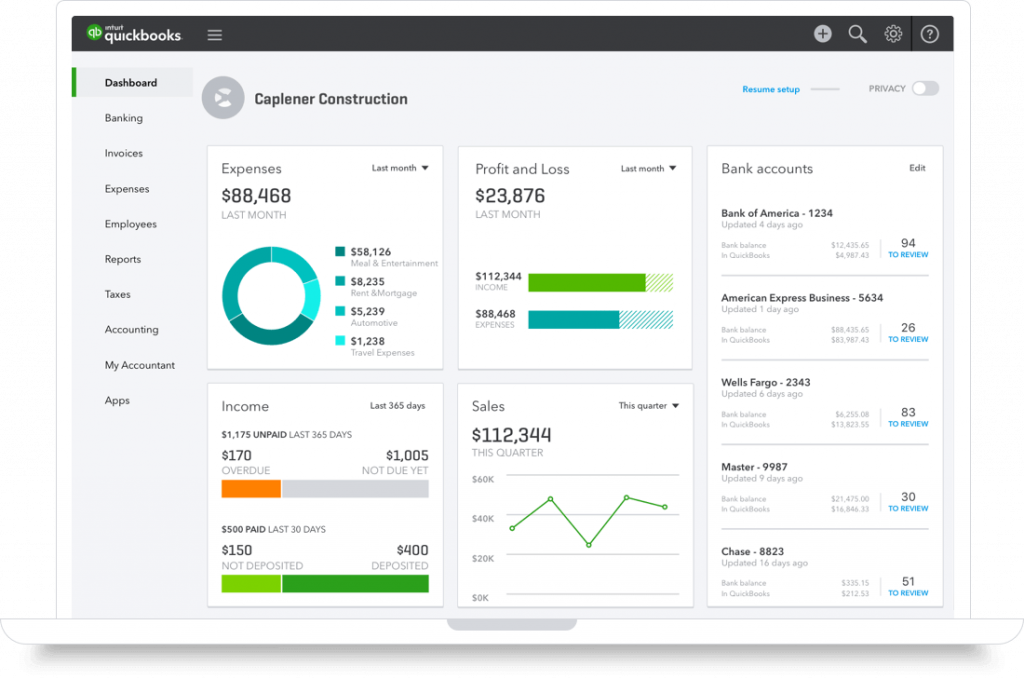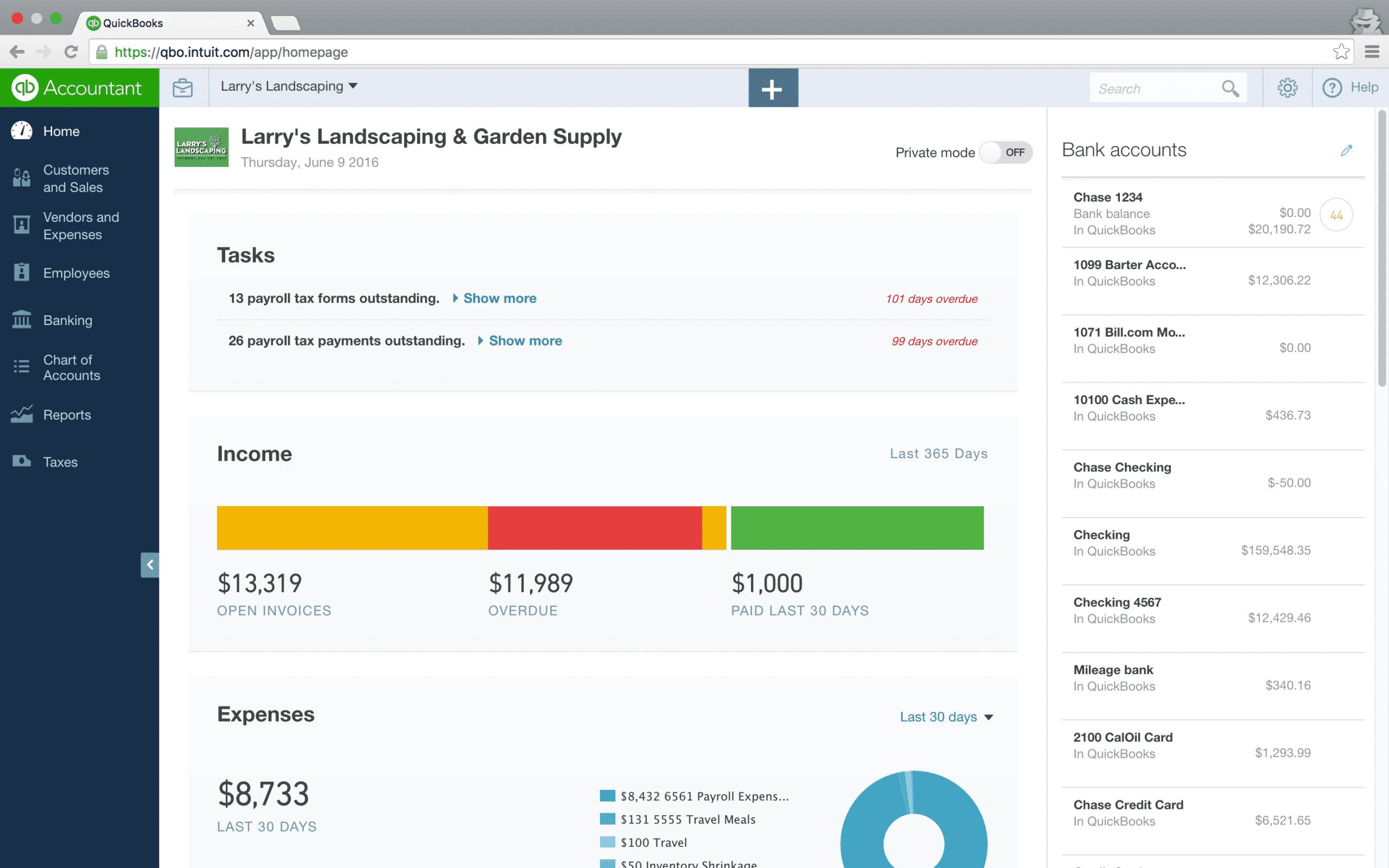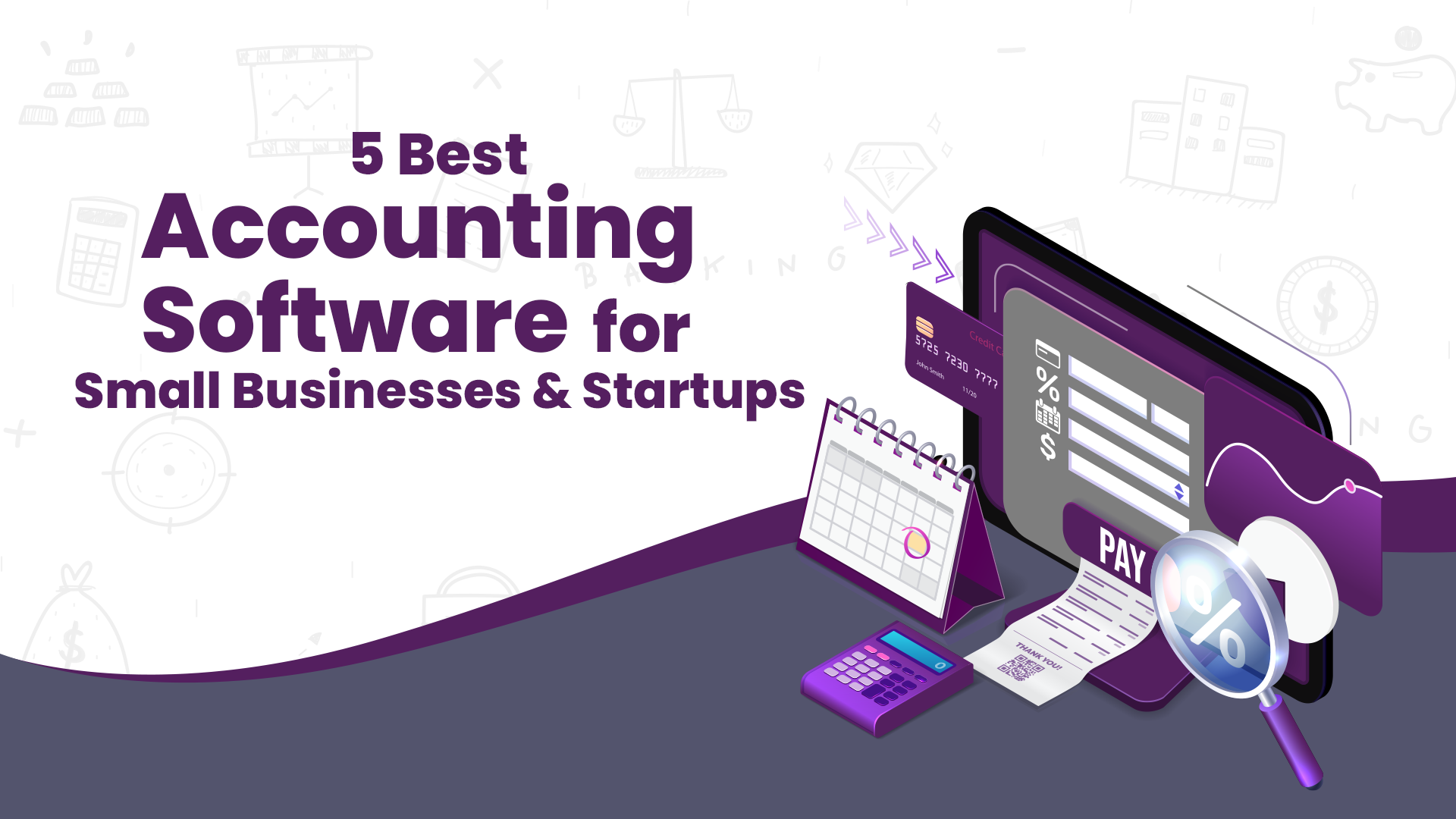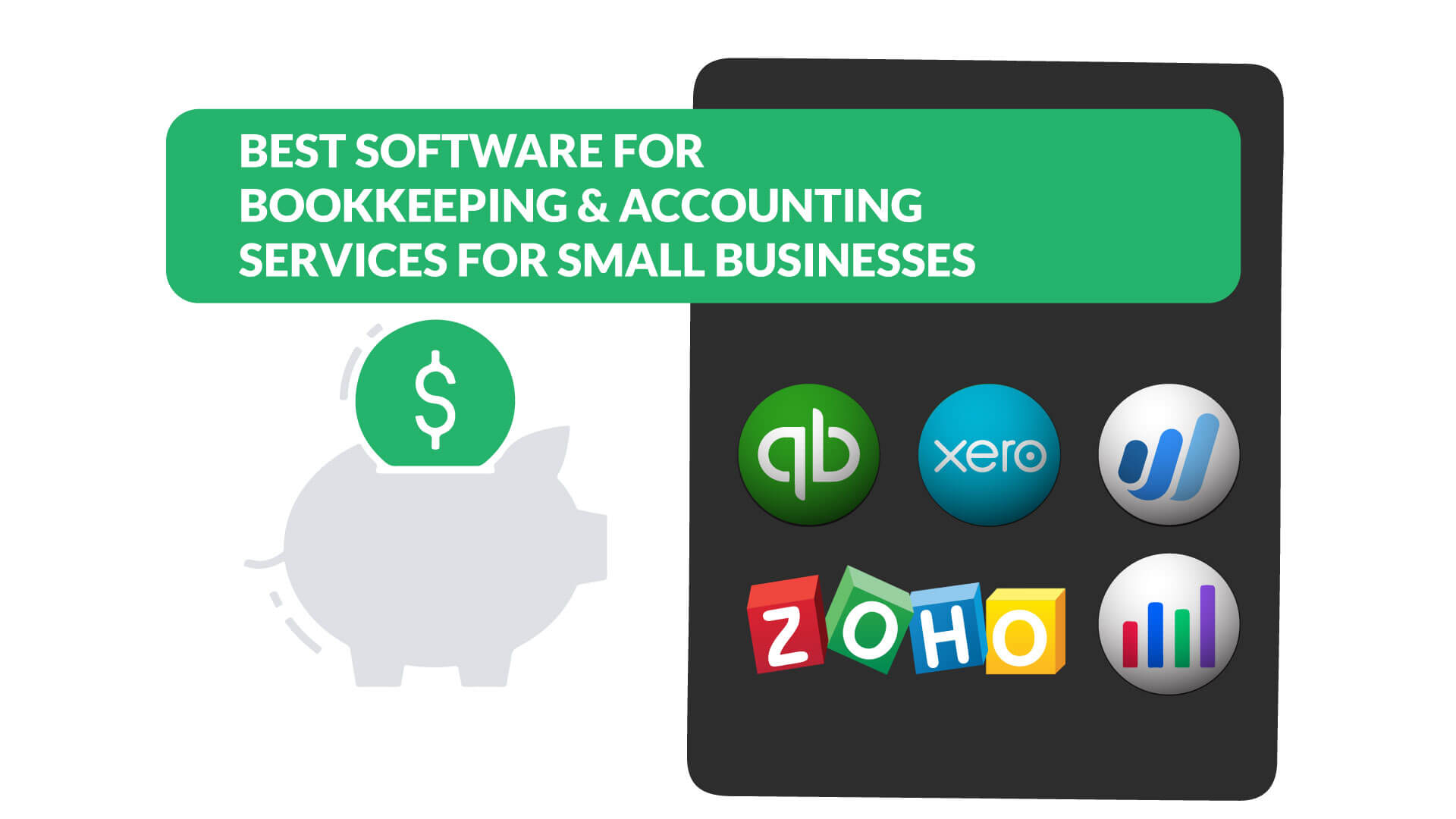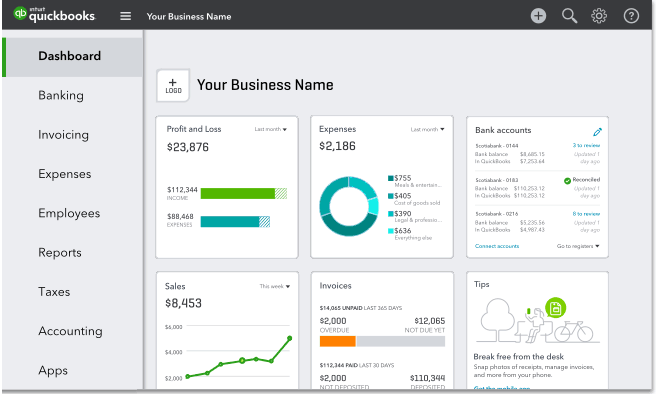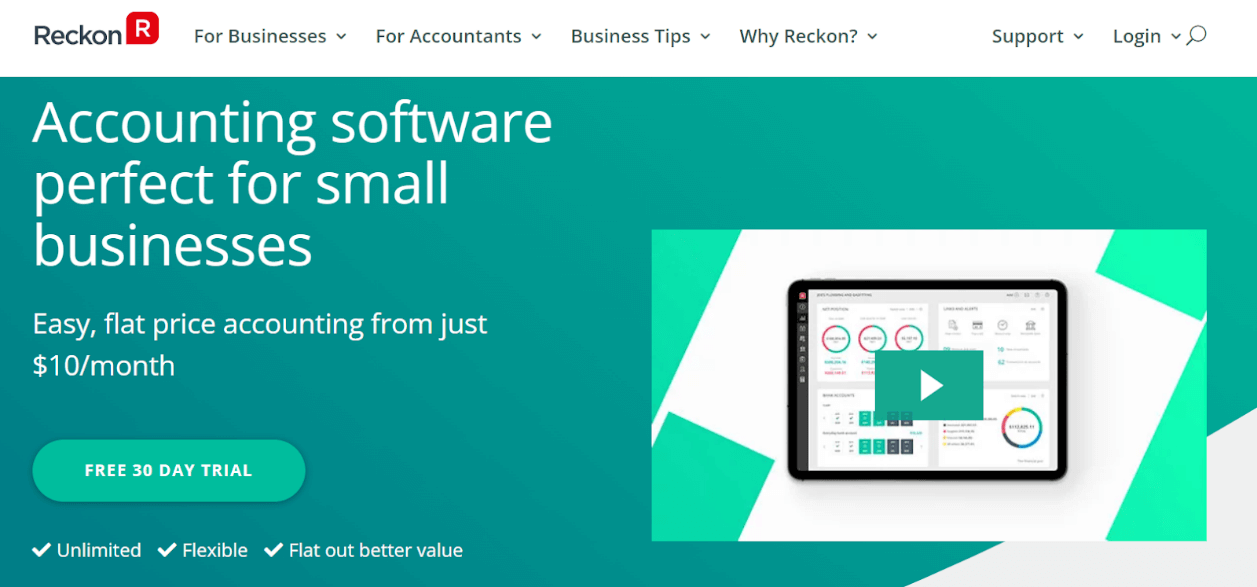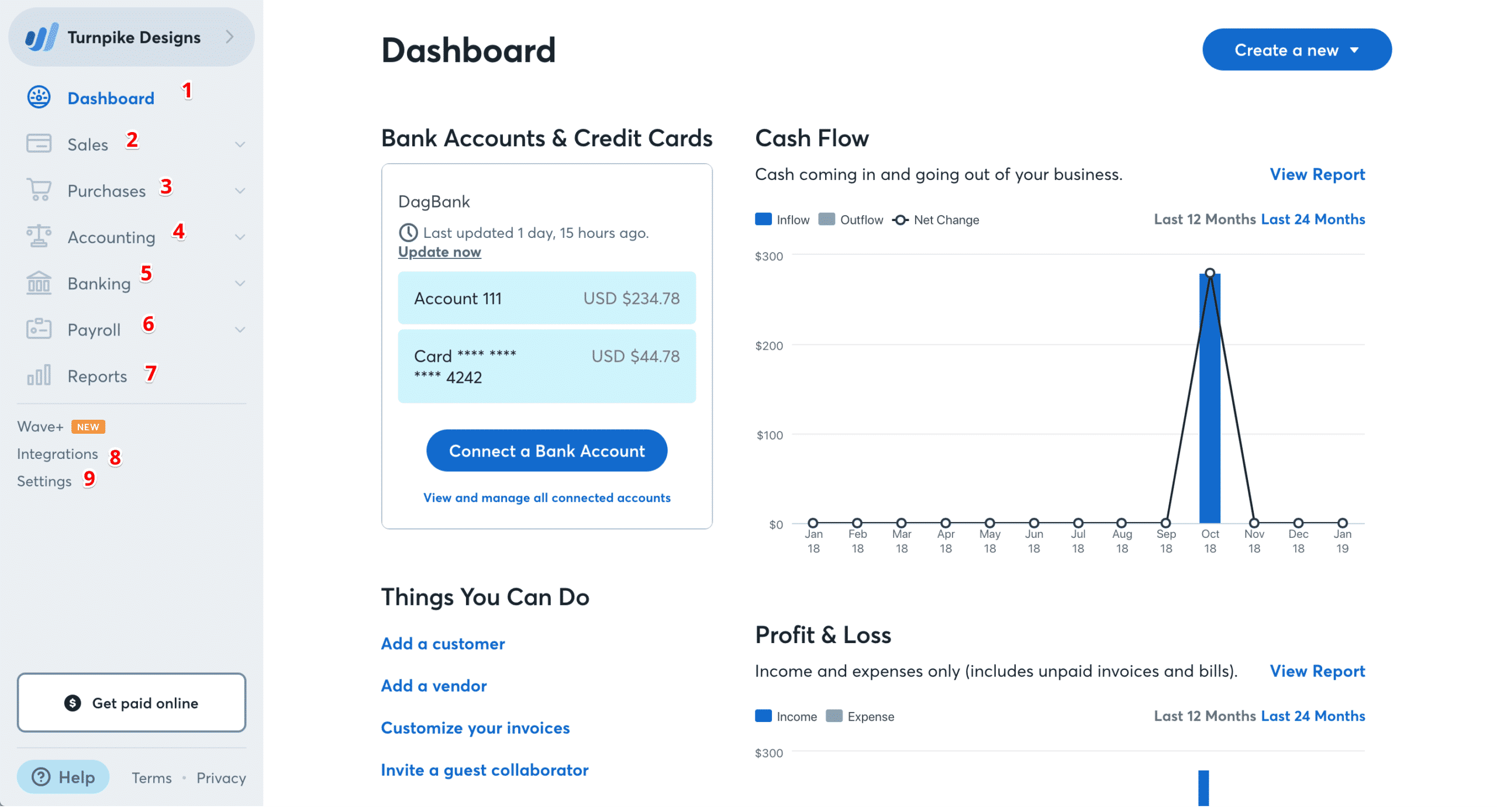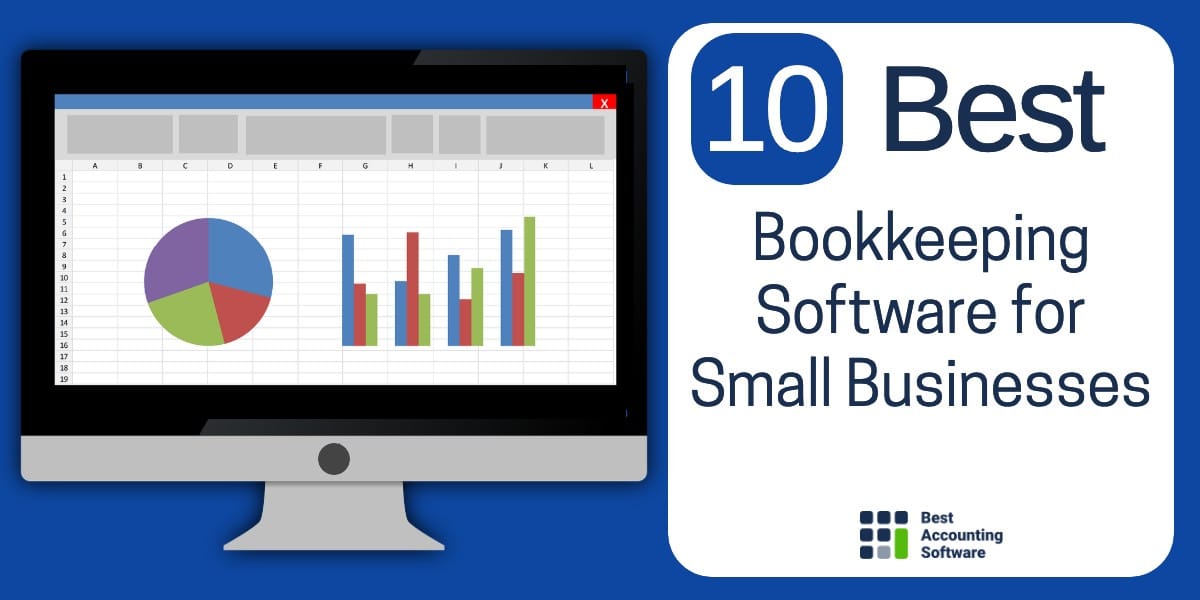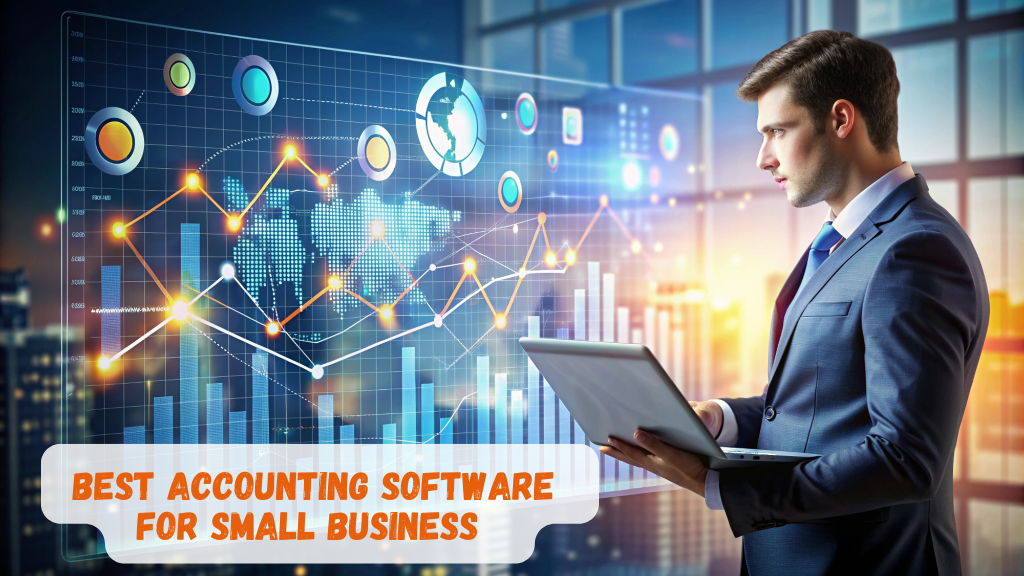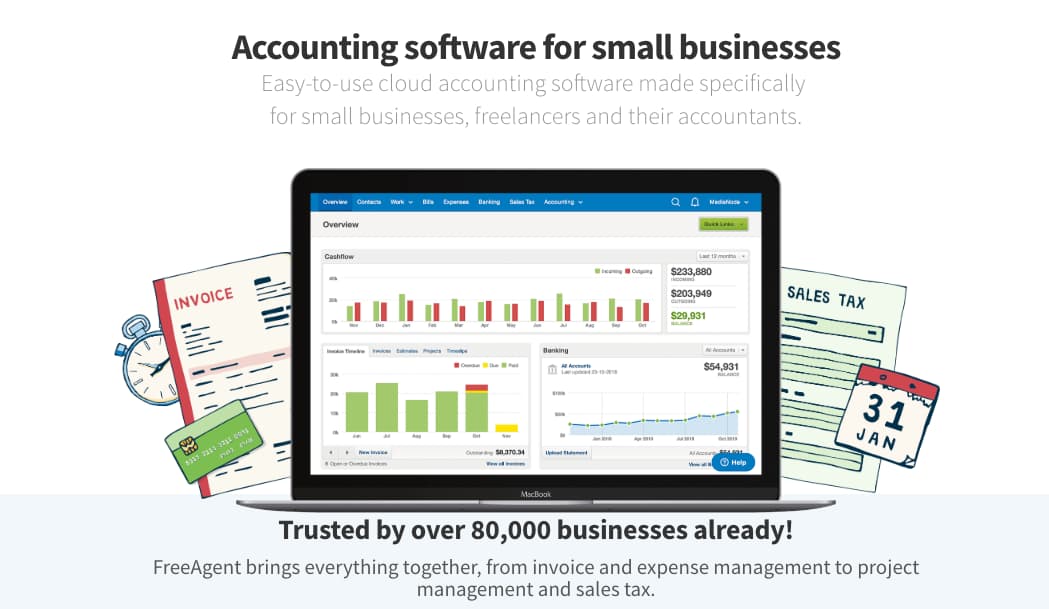Accounting Software For A Small Business

For small business owners, managing finances can often feel like navigating a complex maze blindfolded. Errors can be costly, compliance missteps can lead to penalties, and a lack of clear financial insight can stifle growth.
Choosing the right accounting software can be the key to unraveling this maze and gaining a firm grip on their financial well-being.
The Critical Role of Accounting Software
This article delves into the essential role of accounting software for small businesses. It examines the key features to look for, explores popular options, and offers insights on how to select the right software for specific needs.
We will also consider the challenges small business owners face when implementing new accounting systems.
Benefits Beyond Bookkeeping
Accounting software offers far more than just basic bookkeeping. From automating invoice generation to tracking expenses and generating detailed financial reports, these tools streamline financial management.
According to a recent report by Intuit, businesses using accounting software experience, on average, a 15% increase in revenue due to improved cash flow management and better financial planning.
Automated features reduce the risk of human error, ensuring greater accuracy in financial records.
Key Features to Consider
When selecting accounting software, several key features should be considered. Invoice management is critical, allowing businesses to create and send professional invoices, track payments, and automate reminders.
Expense tracking capabilities enable businesses to monitor spending, categorize expenses, and prepare for tax season.
Furthermore, financial reporting features provide valuable insights into business performance, including profit and loss statements, balance sheets, and cash flow statements.
Popular Software Options
The market offers a wide array of accounting software options tailored to different business needs. QuickBooks Online remains a popular choice, known for its user-friendly interface and comprehensive features.
Xero is another strong contender, offering similar functionality with a focus on collaboration and cloud-based accessibility.
For businesses with more complex needs, Sage Intacct provides advanced features such as multi-entity accounting and revenue recognition.
The Rise of Cloud-Based Solutions
Cloud-based accounting software has gained significant traction in recent years. These solutions offer several advantages over traditional desktop software.
Firstly, accessibility: users can access their financial data from anywhere with an internet connection.
Secondly, automatic updates, ensuring businesses are always using the latest version of the software. According to a 2023 survey by the AICPA, over 70% of small businesses now prefer cloud-based accounting solutions.
Implementation Challenges and Solutions
Implementing new accounting software can present challenges. Data migration from existing systems can be complex and time-consuming.
Employee training is crucial to ensure everyone can effectively use the new software.
To mitigate these challenges, businesses should plan the implementation carefully, seek professional assistance if needed, and invest in adequate training.
Pricing and Scalability
Accounting software pricing varies depending on the features and number of users.
Small businesses should carefully evaluate their needs and choose a plan that offers the right balance of functionality and affordability.
It's also important to consider the scalability of the software, ensuring it can accommodate future growth. A software that works today may not work in 5 years when the business is more complex.
Looking Ahead: AI and Automation
The future of accounting software is likely to be shaped by artificial intelligence (AI) and increased automation.
AI-powered features can automate tasks such as data entry, reconciliation, and fraud detection, freeing up time for business owners to focus on strategic initiatives.
As these technologies evolve, accounting software will become even more powerful and efficient, helping small businesses thrive in an increasingly competitive landscape.

